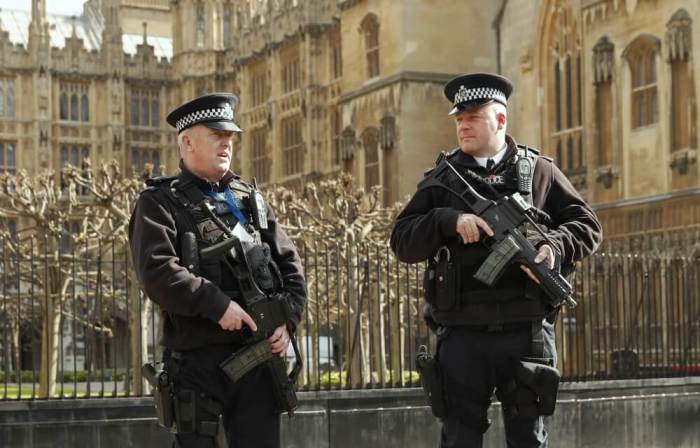British Lawmakers Vote Down ISIS 'Genocide' Amendment Fearing Increase in Immigration

The upper house of the British Parliament shot down an amendment this week that would have forced the government to decide whether or not the Islamic State's persecution of Christians and other religious minorities is a "genocide."
According to the Catholic Herald and the Catholic News Service, the House of Lords voted down an amendment that would have required a High Court judge to determine if IS (also known ISIS or ISIL) is committing a genocide in the Middle East.
The proposal, which was an amendment to immigration legislation introduced by Lord David Alton, was shot down by a vote of 148 to 111.
Alton, a crossbench member of the House of Lords, had called on the British government to act swiftly to call IS' atrocities against religious minorities a "genocide" after the United States Sec. of State John Kerry issued a genocide declaration last week. However, the British government has dragged its feet when it comes to making such a determination.

Alton said after the vote that the defeat of his amendment represents a "lamentable failure" by the legislative body.
"This should not have been a day for party whips and scaremongering arguments — such as being flooded with genocide victims — none of which brings Parliament credit," Alton said in a statement. "This was a day when Britain … simply chose to look the other way."
"When historians come to consider the lamentable failure of both parliament and government to speak and act they will surely conclude that we failed to recognize the crime above all crimes," he added.
As the U.K. only accepts applications for asylum once refugees are inside the U.K., the measure would have also required the government to accept asylum applications from refugees outside the U.K., as long as they are among the religious minorities facing genocide at the hands of IS.
During the debate on the measure, which took place Monday, Alton explained that the amendment was an "opportunity to break the cycle of inertia," when it comes to IS' murders, kidnappings and sexual enslavement of of religious minorities.
Additionally, he said the amendment would have presented Britain with the opportunity "to close the gap" between the commitments the nation made in the 1948 genocide convention and the "reality of our actions."
"We also have the opportunity to make a step change by moving beyond aerial bombardment to a consideration of justice, to demand that, under our commitment to the rule of law, however long it takes, we will bring those responsible for abhorrent mass executions, sexual slavery, rape and other forms of gender-based violence, torture, mutilation and the enlistment and forced recruitment of children to justice," Alton was quoted as saying.
Lord Richard Keen, who opposed the amendment, said during the debate that a "genocide" declaration is not up to the British lawmakers to decide, but rather the international courts. He added that such an immigration policy would cause a "potential disaster" for Britain.
"The government believes that recognition of genocide should be a matter for international courts and that it should be a legal rather than a political determination. That remains the position," he said.
The House of Lord's failure to pass the amendment comes after the European Union announced in February that it adopted a resolution calling IS' crimes against humanity a genocide.
Additionally, Pope Francis, the Iraqi and Kurdish governments and the U.S. Commission on International Religious Freedom have all deemed IS' crimes to be genocide.




























